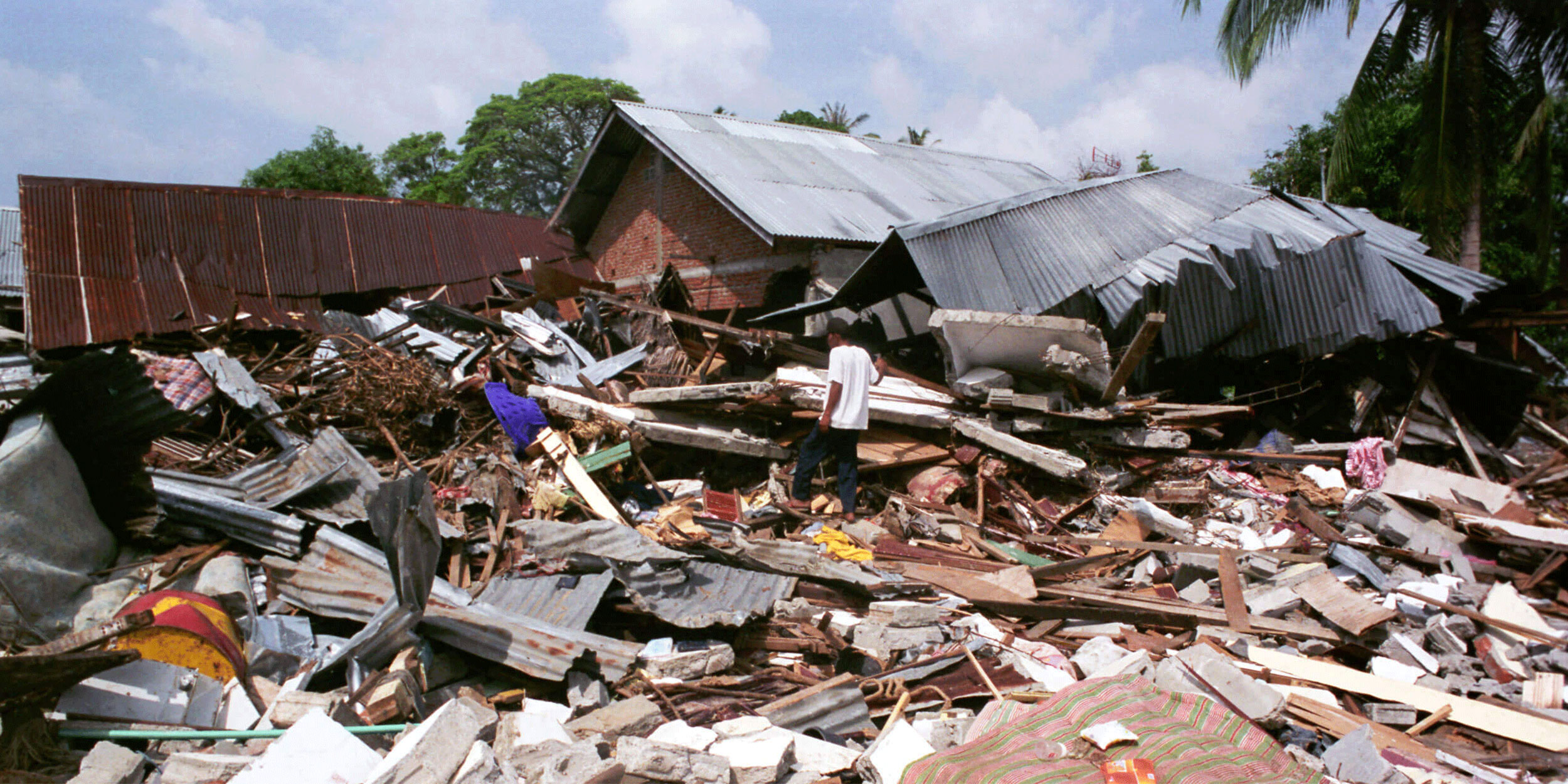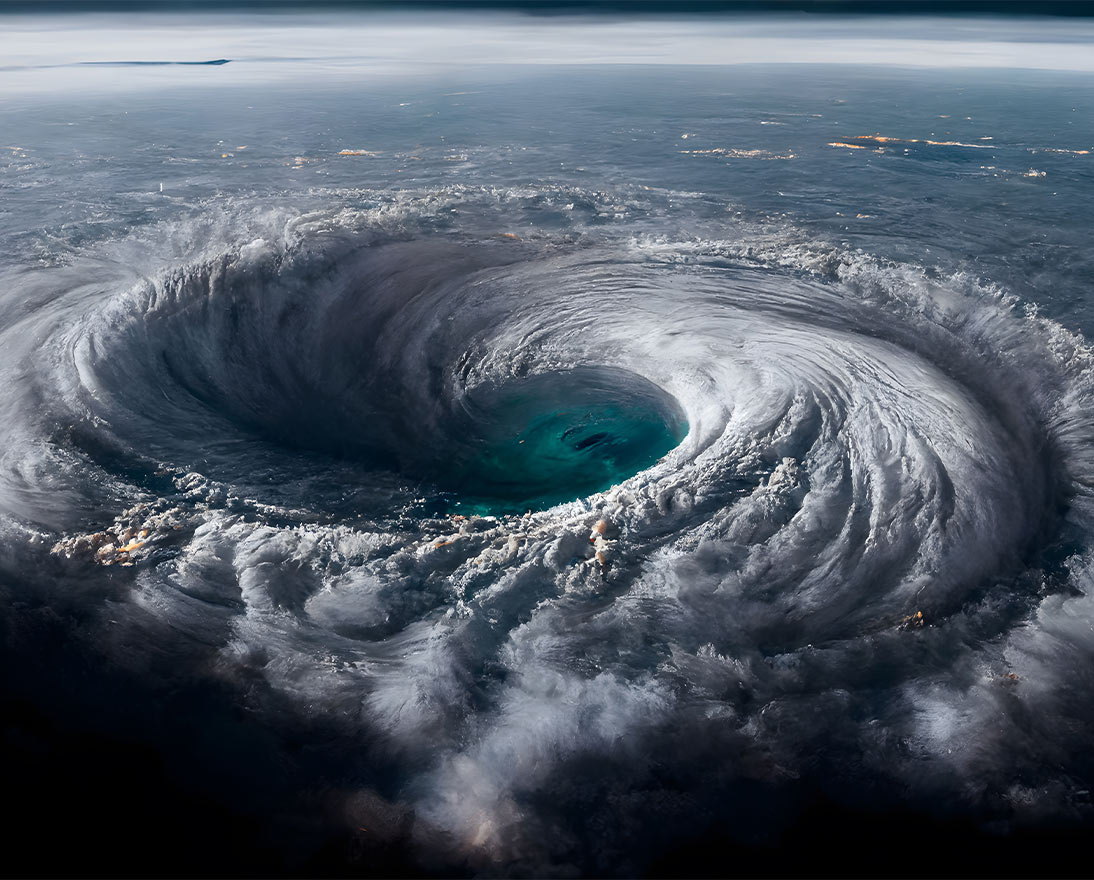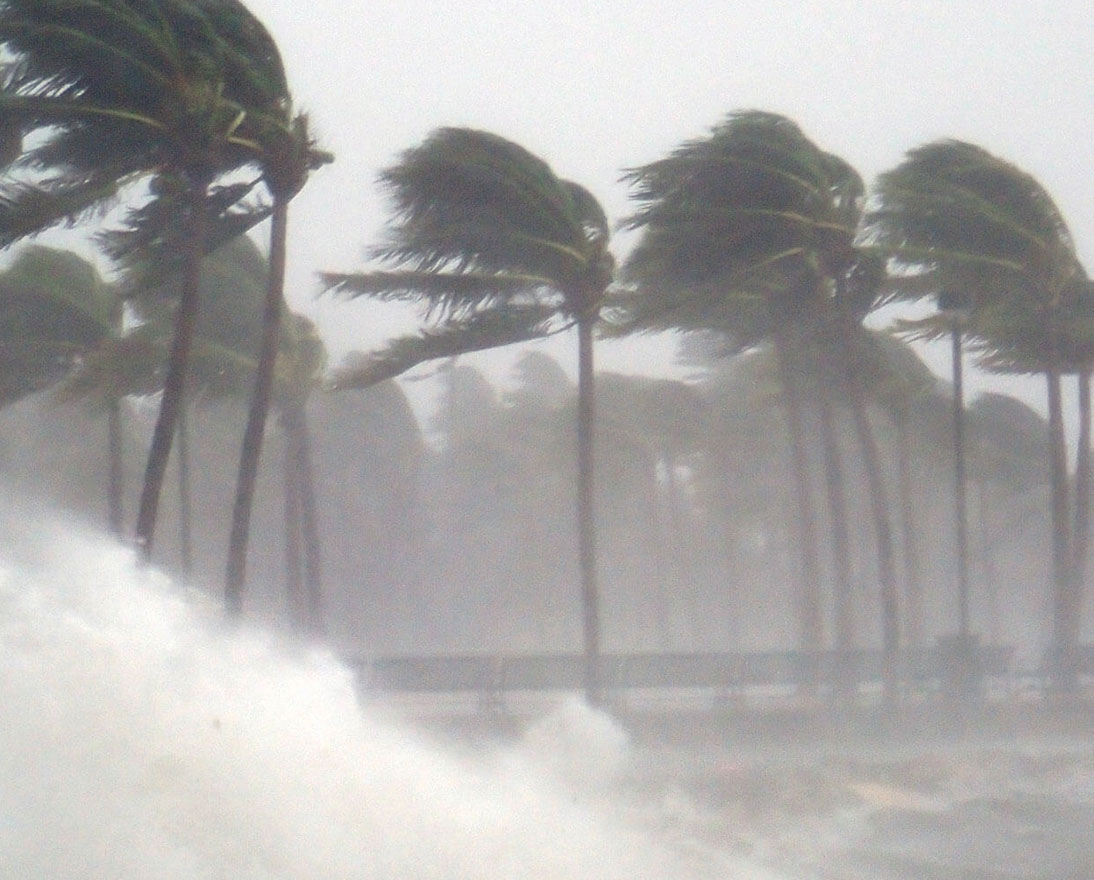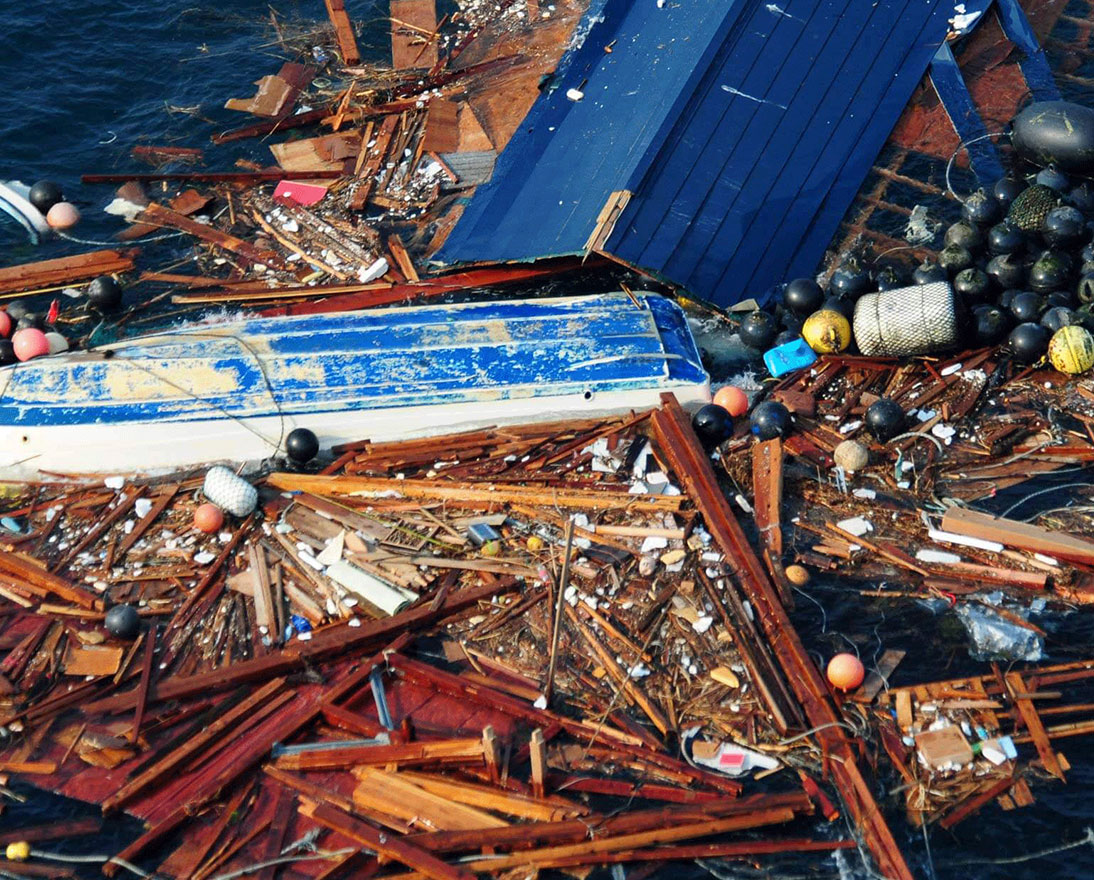Cyclones Kenneth and Idai: a wake-up call?
Natural hazardsArticleMay 9, 2019
It’s distressing to read and watch the reports about the devastation caused by Cyclone Kenneth in Mozambique over the past few days, particularly coming so soon after Cyclone Idai ravaged the country and other parts of southern Africa.
By Alison Martin, CEO EMEA and Bank Distribution, Zurich Insurance Group
These tropical cyclones have left an unimaginable level of destruction with hundreds of thousands left without shelter, food and critical infrastructure; and even more heartbreaking is that many are also grieving for the loss of loved ones.
Poor communities without the means to recover have borne the brunt of cyclones Kenneth and Idai; communities that struggle to invest in flood protection or early warning systems, and that often build property on the land prone to flooding as it’s the cheapest available.
Cyclone Kenneth, like Idai just a few weeks ago, is turning into a humanitarian crisis with an urgent need for aid. My concern is that with increasing temperatures as a result of in particular greenhouse gas (GHG) emissions, storm activity and crises like this will only become more prevalent. Unfortunately, the collective political will to address GHG emissions appears lacking so we had better prioritize addressing the question of how can we build resilience where it is most needed.
First of all, we need to focus more on the human and social cost in addition to the economic cost of natural catastrophes. It may also be one of the reasons why the media shine more light on catastrophes that hit the U.S. or Europe than on storms like Cyclones Kenneth and Idai in Africa that have a greater impact on human lives.
Secondly, we need to help the poorest communities to build resilience to the effects of climate change. It’s a topic that I feel very passionate about. We have a moral duty to support these communities as they are the most vulnerable to the impacts of climate change. Yet they contribute significantly less to its causes than developed countries.
Countries like Mozambique, Malawi and Zimbabwe, which were devastated by Cyclones Kenneth and Idai, understandably focus their limited resources on the most pressing economic development needs rather than the longer-term climate change risks. It is also true that the most highly developed countries do not spend sufficiently on resilience building; spending today to improve resilience for tomorrow just never seems to get the necessary focus.
At Zurich, we’ve been trying to redress this imbalance through the Flood Resilience Alliance that we established in 2013. The Flood Resilience Alliance is a multi-sector partnership focused on finding practical ways to help communities strengthen their resilience to floods, and ultimately save lives. In its first five years, 13 programs in nine countries have helped to build flood-resilient communities, reaching over 225,000 people.
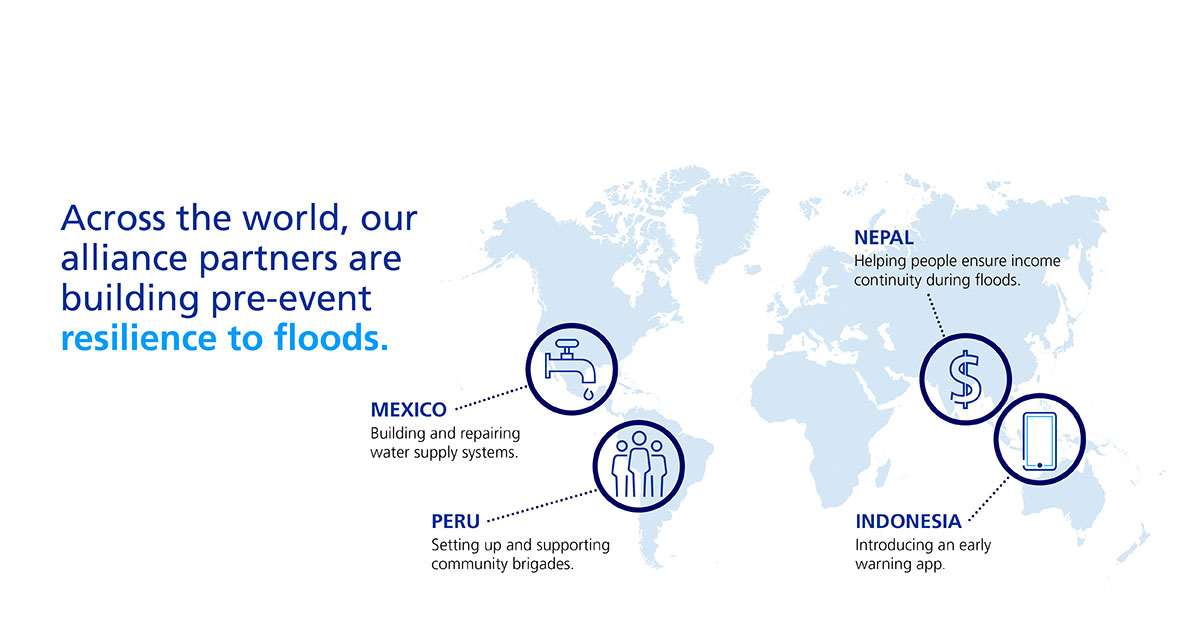
In the current five-year cycle, we’re working with our Alliance members to leverage USD 1 billion into flood resilience programs. We will roll out best-practice community programs, advocate for more investment in resilience with authorities and public and private funders, and share our own expertise and experience. We’re making a small difference, but there’s so much more that needs to be done.
Right now, the victims of Cyclones Kenneth and Idai need our aid. But we need to learn from these catastrophic events to amplify the call to action for all public and private bodies; we need to urgently act on reducing GHG emissions and to invest in flood resilience to mitigate at least some of the physical risks of climate change. Quite simply, those of us who can, should take action… we owe it to these communities.
